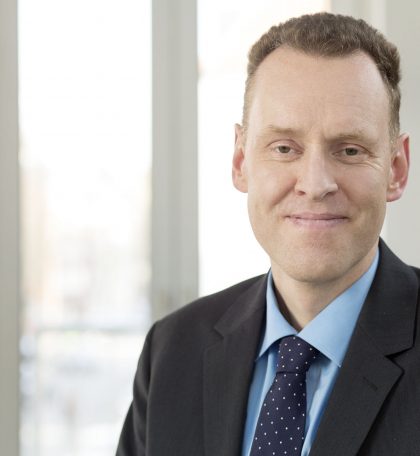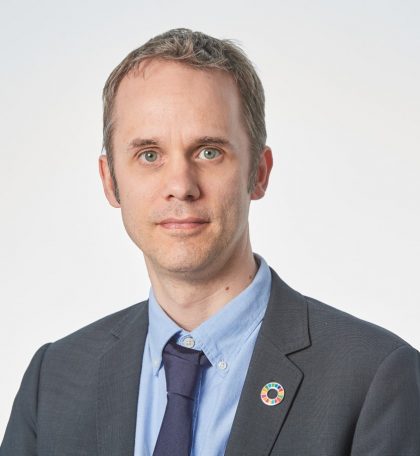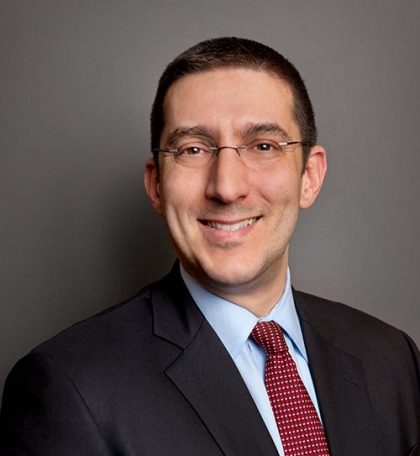International policy instruments and governance of the bioeconomy and circular economy

Timing: November 18, 4-6 p.m. (CET)
Contents
Output
Workshop Recording
You can also find the recordings of all the breakout groups of this workshop here.
Organizers
Center for Development Research, University of Bonn, Germany
Institute of Economic Structures Research (GWS), Germany
Boston University, USA
Thünen Institute, Germany
Institute for European Environmental Policy (IEEP)
The Bio-based Industries Consortium (BIC)
Joint Research Center of the EU (JRC)
Chairs

Christian Lutz

Jan Börner
Thematic focus
There is broad agreement that a global transition towards a sustainable and circular bioeconomy requires policies and governance approaches at local, national, and international scale to be coherently aligned. Bioeconomy governance includes both enabling and regulatory dimensions. Enabling governance is needed to promote sustainable technological and institutional innovation processes, whereas regulatory governance is required to steer bioeconomy towards desired outcomes in economic, social, and environmental dimensions and to minimize sustainability tradeoffs. As the global bioeconomy increasingly relies on international trade and innovation transfer, existing national governance mechanisms may be insufficiently prepared to address these challenges.
This workshop focuses on identifying bio- and circular economy governance gaps at various scales of governance, including the international level, and discusses potential tools and approaches to address these gaps. Specifically, the workshop is organized around the following three thematic threads:
- Clarifying the governance concept – what needs to be governed in bio-/circular economy and towards which outcomes?
- What are the governance needs/gaps at local, national, and international scale?
- What tools and actions are needed to address governance needs/gaps especially at the international level?
Video made by Janosch Förster, Senior Researcher, ZEF – Center for Development Research, Germany
Format
Virtual workshop format
Before, during, and after the workshop we plan to engage the audience through the following means:
- Pre-conference videos on tools to enhance bio-/circular economy governance (e.g. monitoring and scenario tools, stakeholder engagement) – see provisional list below
- Live streamed panel debate with selected international experts
- Live audience interaction on critical discussion points, e.g. using slido
- Regional working groups to identify region specific governance gaps
- Post-conference publication of a policy brief with key messages
Agenda
All times refer to CET. Current time:
16:00 – 16:30: Impulse talks by invited panelists
16:30 – 17:00: Moderated discussion using audience interaction tools
17:00 – 17:40: 3-6 moderated parallel working groups per world region
17:40 – 18:00: Plenary with working group syntheses
Speakers:
Diane DiEuliis (US, National Defense University)
Julius Ecuru (ICIPE) (knowledge and innovation governance for industrialized bioeconomies)
Pablo Pacheco (US, WWF) (social and environmental safeguards for the bioeconomy )
Maria Eugenia Carrazzone (UY, FAO) (from national bioeconomy strategies to international bioeconomy governance)
Laura Jalasjoki (EU, ENRD) (rural development strategies enabling the bioeconomy)
Justus Wesseler (Netherlands, WAU) (science and evidence-based tools to support bio- and circular economy governance )
Parallel working groups
(number and clustering depends on participant registration)
- EU, Eastern Europe, Russian Federation, Baltic states
Moderators: Tévécia Ronzon & Christian Lutz - North America
Moderator: Jeff Furman - South and Central America
Moderator: Jan Börner - Africa
Moderator: Janosch Förster - Asia
- Australia, New Zealand, Oceania
- EU, Eastern Europe, Russian Federation, Baltic states
Issues covered in each regional working group:
- enabling policy and governance needs, barriers, and suggested action at national and international levels.
- regulatory policy and governance needs, barriers, and suggested action at national and international levels.
- strengths and weaknesses of monitoring & scenario tools to support policy and governance decisions.
Digital tools such as a white board and polls will be used.
Preparatory videos
In preparation of this workshop, please watch the following videos on science and evidence-based tools for bioeconomy governance.

